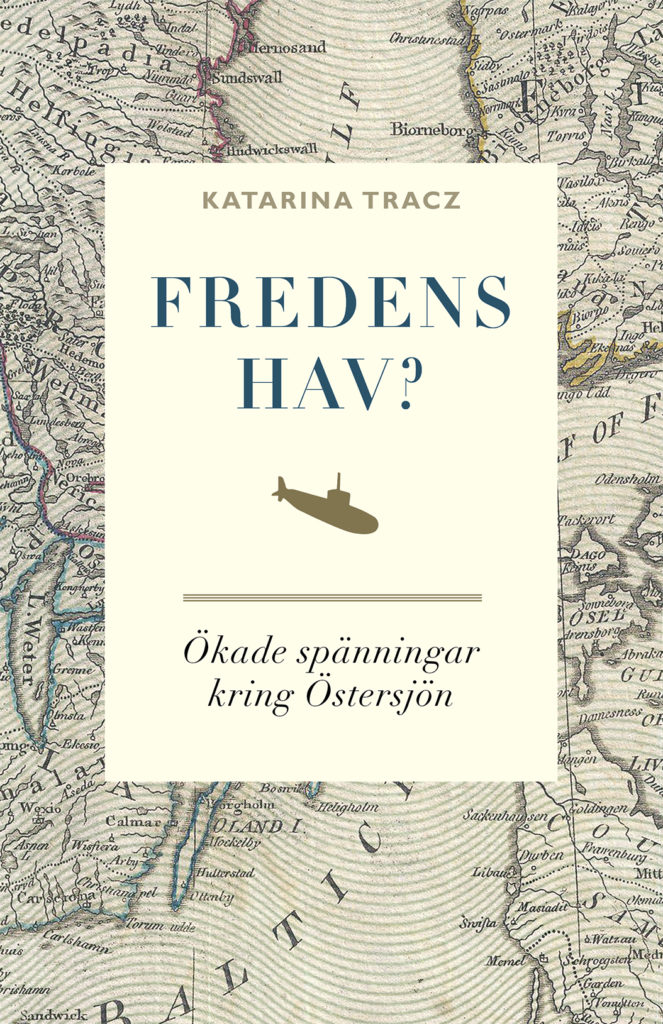For more than two decades the Baltic region has been considered a model of statesmanship. Well-functioning economies, a climate rich in innovation and above all peace and stability have been the area’s defining characteristics.
Then came the spring of 2014. Following Russia’s annexation of Crimea and the war in Ukraine the Baltic region went from being a textbook example of peace and success to being associated with increased military action and unease. The discussions surrounding European and American security are focusing more and more on how the Nordic and Baltic regions can be defended.
How did the Baltic Sea go from being the “Sea of Peace” to the topmost subject on the transatlantic security agenda? What dynamics lie behind the deteriorating security situation and how can countries in the region, the United States and NATO act to improve it? These are some of the questions that Katarina Tracz considers in her book The Sea of Peace? Increased Tensions Around the Baltic Sea.
The book can be ordered from Bokus and CDON (in Swedish).
Reviews:
”Tracz’s book is a welcome and well-written contribution to the debate on the increasingly serious situation around the Baltic Sea” /Mike Winnerstig, Ph.D. and member of the Royal Swedish Academy of War Sciences
”Tracz gives a good introduction to the fact that even the U.S. has discovered Russian aggression in our part of the world, again.” /Mats Johansson, editor of Säkerhetsrådet (SvD)

Katarina Tracz is the director of the Stockholm Free World Forum (SFWF). She possesses wide experience in foreign and security policy analysis, focusing particularly on security in the Nordic-Baltic region. She is an active contributor to the debate on foreign and security policy in Swedish and international media, and has published several reports, articles and OP-EDs in major Swedish newspapers. Besides working for SFWF, she is an International Research Fellow at the McCain Institute for International Leadership in Washington D.C.
